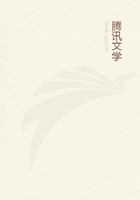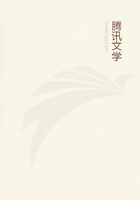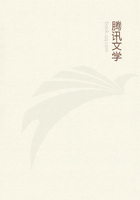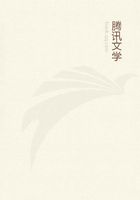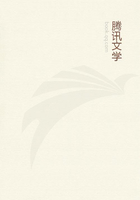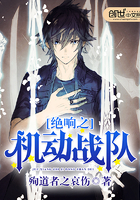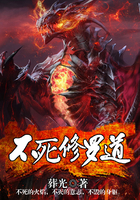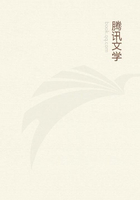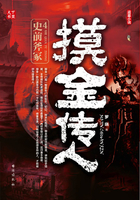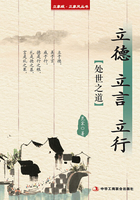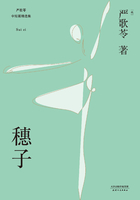It is true that Feuerbach had lived to see all three of the decisive discoveries -- that of the cell, the transformation of energy, and the theory of evolution named after Darwin. But how could the lonely philosopher, living in rural solitude, be able sufficiently to follow scientific developments in order to appreciate at their full value discoveries which natural scientists themselves at that time either still contested or did not know how to make adequate use of? The blame for this falls solely upon the wretched conditions in Germany, in consequence of which cobweb-spinning eclectic flea-crackers had taken possession of the chairs of philosophy, while Feuerbach, who towered above them all, had to rusticate and grow sour in a little village.
It is therefore not Feuerbach's fault that this historical conception of nature, which had now become possible and which removed all the one-sidedness of French materialism, remained inaccessible to him.
Secondly, Feuerbach is quite correct in asserting that exclusively natural-scientific materialism is indeed "the foundation of the edifice of human knowledge, but not the edifice itself". For we live not only in nature but also in human society, and this also no less than nature has its history of development and its science. It was therefore a question of bringing the science of society, that is, the sum total of the so-called historical and philosophical sciences, into harmony with the materialist foundation, and of reconstructing it thereupon. But it did not fall to Feuerbach's lot to do this. In spite of the "foundation", he remained here bound by the traditional idealist fetters, a fact which he recognizes in these words: "Backwards I agree with the materialists, but not forwards!"
But it was Feuerbach himself who did not go "forwards" here; in the social domain, who did not get beyond his standpoint of 1840 or 1844.
And this was again chiefly due to this reclusion which compelled him, who, of all philosophers, was the most inclined to social intercourse, to produce thoughts out of his solitary head instead of in amicable and hostile encounters with other men of his calibre. Later, we shall see in detail how much he remained an idealist in this sphere.
It need only be added here that Starcke looks for Feuerbach's idealism in the wrong place.
"Feuerbach is an idealist; he believes in the progress of mankind." (p.19)
"The foundation, the substructure of the whole, remains nevertheless idealism. Realism for us is nothing more than a protection again aberrations, while we follow our ideal trends. Are not compassion, love, and enthusiasm for truth and justice ideal forces?" (p.VIII)
In the first place, idealism here means nothing, but the pursuit of ideal aims. But these necessarily have to do at the most with Kantian idealism and its "categorical imperative"; however, Kant himself called his philosophy "transcendental idealism" by no means because he dealt therein also with ethical ideals, but for quite other reasons, as Starcke will remember.
The superstitition that philosophical idealism is pivoted round a belief in ethical, that is, social, ideals, arose outside philosophy, among the German philistines, who learned by heart from Schiller's poems the few morsels of philosophical culture they needed. No one has criticized more severely the impotent "categorical imperative" of Kant -- impotent because it demands the impossible, and therefore never attains to any reality -- no one has more cruelly derided the philistine sentimental enthusiasm for unrealizable ideals purveyed by Schiller than precisely the complete idealist Hegel (see, for example, his Phenomenology ).
In the second place, we simply cannot get away from the fact that everything that sets men acting must find its way through their brains -- even eating and drinking, which begins as a consequence of the sensation of hunger or thirst transmitted through the brain, and ends as a result of the sensation of satisfaction likewise transmitted through the brain.
The influences of the external world upon man express themselves in his brain, are reflected therein as feelings, impulses, volitions -- in short, as "ideal tendencies", and in this form become "ideal powers". If, then, a man is to be deemed an idealist because he follows "ideal tendencies" and admits that "ideal powers" have an influence over him, then every person who is at all normally developed is a born idealist and how, in that case, can there still be any materialists?
In the third place, the conviction that humanity, at least at the present moment, moves on the whole in a progressive direction has absolutely nothing to do with the antagonism between materialism and idealism. The French materialists no less than the deists Voltaire and Rousseau held this conviction to an almost fanatical degree, and often enough made the greatest personal sacrifices for it. If ever anybody dedicated his whole life to the "enthusiasm for truth and justice" -- using this phrase in the good sense -- it was Diderot, for instance. If, therefore, Starcke declares all this to be idealism, this merely proves that the word materialism, and the whole antagonism between the two trends, has lost all meaning for him here.
The fact is that Starcke, although perhaps unconsciously, in this makes an unpardonable concession to the traditional philistine prejudice against the word materialism resulting from its long-continued defamation by the priests. By the word materialism, the philistine understands gluttony, drunkenness, lust of the eye, lust of the flesh, arrogance, cupidity, avarice, covetousness, profit-hunting, and stock-exchange swindling -- in short, all the filthy vices in which he himself indulges in private. By the word idealism he understands the belief in virtue, universal philanthropy, and in a general way a "better world", of which he boasts before others but in which he himself at the utmost believes only so long as he is having the blues or is going through the bankruptcy consequent upon his customary "materialist" excesses. It is then that he sings his favorite song, What is man? -- Half beast, half angel.
For the rest, Starcke takes great pains to defend Feuerbach against the attacks and doctrines of the vociferous assistant professors who today go by the name of philosophers in Germany. For people who are interested in this afterbirth of classical German philosophy this is, of course, a matter of importance; for Starcke himself it may have appeared necessary.
We, however, will spare the reader this.

